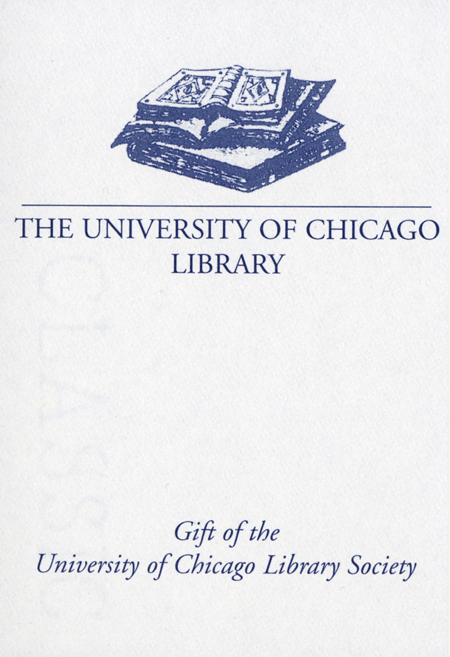Review by Booklist Review
It's 1890 in Atlanta, and Jo Kuan has a secret: she's the anonymous author of the popular, yet polarizing, new agony aunt column Dear Miss Sweetie. After spending her life living in a secret basement room (a relic of the Underground Railroad) beneath the press offices of The Focus, a newspaper run by the Bell family, she's picked up a masterful vocabulary to match her sharp wit, and the combination proves intoxicating to Atlanta's young ladies. But if anyone found out that a Chinese American teenager was behind the column, she'd be run out of town or worse. Lee (Outrun the Moon, 2016) has concocted another thrilling historical novel, blending stellar plotting and a dynamic cast of characters with well-researched details and sharp commentary on America's history of racism and prejudice. She pulls no punches when it comes to Jo's experiences of being Chinese in the Reconstruction South: a meeting of Atlanta's suffragettes proves unwelcoming despite their claim to want votes for all women, and though there's stirring romance between Jo and the son of the Bell family, Jo acknowledges the difficulties in that path. But best of all is Jo's first-person narrative, which crackles with as much witty wordplay and keen observations as her column. This spectacular, voice-driven novel raises powerful questions about how we understand the past, as well as the ways our current moment is still shaped by that understanding.--Sarah Hunter Copyright 2019 Booklist
From Booklist, Copyright (c) American Library Association. Used with permission.
Review by Publisher's Weekly Review
In 1890 Atlanta, Chinese-American Jo Kuan, 17, and her guardian, Old Gin, live secretly in abolitionists' quarters underneath the family home of Mr. Bell, publisher of failing newspaper the Focus. When Jo loses her job as a milliner's assistant, she reluctantly takes a job with her former employer, wealthy Mrs. Payne, as lady's maid to her cantankerous daughter Caroline. Jo endures Caroline's cruelty each day, but after overhearing the Bells' wish for an "agony aunt," she anonymously offers her services as a columnist. As "Miss Sweetie," she voices her true feelings about society's ills in a cleverly written column that addresses many forms of prejudice, sparking controversy while increasing the newspaper's subscriptions--and raising questions about her identity. Lee (Under a Painted Sky) slowly unspools secrets about Jo's past as she liaises with Atlanta's notorious fixer, pieces together clues about the parents who abandoned her, and navigates self-realization and romance. Featuring historical signposts (streetcar segregation, suffragists on safety bicycles) and memorable, well-developed characters, this captivating novel explores intersectionality, conveys the effects of restrictions placed on women and people of color, and celebrates the strengths and talents of marginalized people struggling to break society's barriers in any age. Ages 12--up. Agent: Kristin Nelson, Nelson Literary Agent. (Aug.)
(c) Copyright PWxyz, LLC. All rights reserved
Review by School Library Journal Review
Gr 7 Up--Jo Kuan knows that because she's Chinese, she does not fit anyone's expectations in 1890 Atlanta, but she doesn't mind. She's happy to be unobtrusive, making hats for the fashionable women in town and staying out of trouble with her adoptive father, Old Gin. But when she loses her job at the hat shop, Jo must find work elsewhere, returning to the household of one of the most important families in town to serve as a lady's maid for their daughter. Saddled with an ungrateful mistress, Jo must face the inequalities in her city. Frustrated, she begins penning an anonymous advice column as "Miss Sweetie," dispensing opinions on everything from fashion to suffragettes. Jo is happy with anonymity, but soon Atlanta is abuzz with curiosity about Miss Sweetie, leading Jo to wonder if remaining quiet and safe is the most important thing or if there are reasons to speak up. Along the way, she uncovers truths about her own past that call into question even more of the inequalities she sees in the present. Though society may try to push aside those it sees as different, Jo demonstrates that everyone has a place and a story to be told. VERDICT Unflinching in its portrayals of racism yet ultimately hopeful and heartfelt, this narrative places voices frequently left out of historical fiction center stage. Recommended for any collection.--Zoë McLaughlin, Michigan State University
(c) Copyright Library Journals LLC, a wholly owned subsidiary of Media Source, Inc. No redistribution permitted.
Review by Kirkus Book Review
Jo Kuan leads a double life: a public role as a quiet lady's maid and a secret one as the voice behind the hottest advice column in 1890 Atlanta.Chinese American Jo is mostly invisible except for occasional looks of disdain and derisive comments, and she doesn't mind: Her priority is making sure she and her adoptive father, Chinese immigrant Old Gin, remain safe in their abandoned abolitionists' hideaway beneath a print shop. But even if she lives on the margins, Jo has opinions of her own which she shares in her newspaper advice column under the byline "Miss Sweetie." Suddenly all of Atlanta is talking about her ideas, though they don't know that the witty advice on relationships, millinery, and horse races comes from a Chinese girl. As curiosity about Miss Sweetie mounts, Jo may not be able to stay hidden much longer. And as she learns more about the blurred lines and the hard truths about race in her city and her own past, maybe she doesn't want to. In her latest work, Lee (The Secret of a Heart Note, 2016, etc.) continues to demonstrate that Chinese people were presentand had a voicein American history. She deftly weaves historical details with Jo's personal story of finding a voice and a place for herself in order to create a single, luminous work.An optimistic, sophisticated portrayal of one facet of Chinese Americanand simply Americanhistory. (Historical fiction. 13-18) Copyright Kirkus Reviews, used with permission.
Copyright (c) Kirkus Reviews, used with permission.
Review by Booklist Review
Review by Publisher's Weekly Review
Review by School Library Journal Review
Review by Kirkus Book Review

